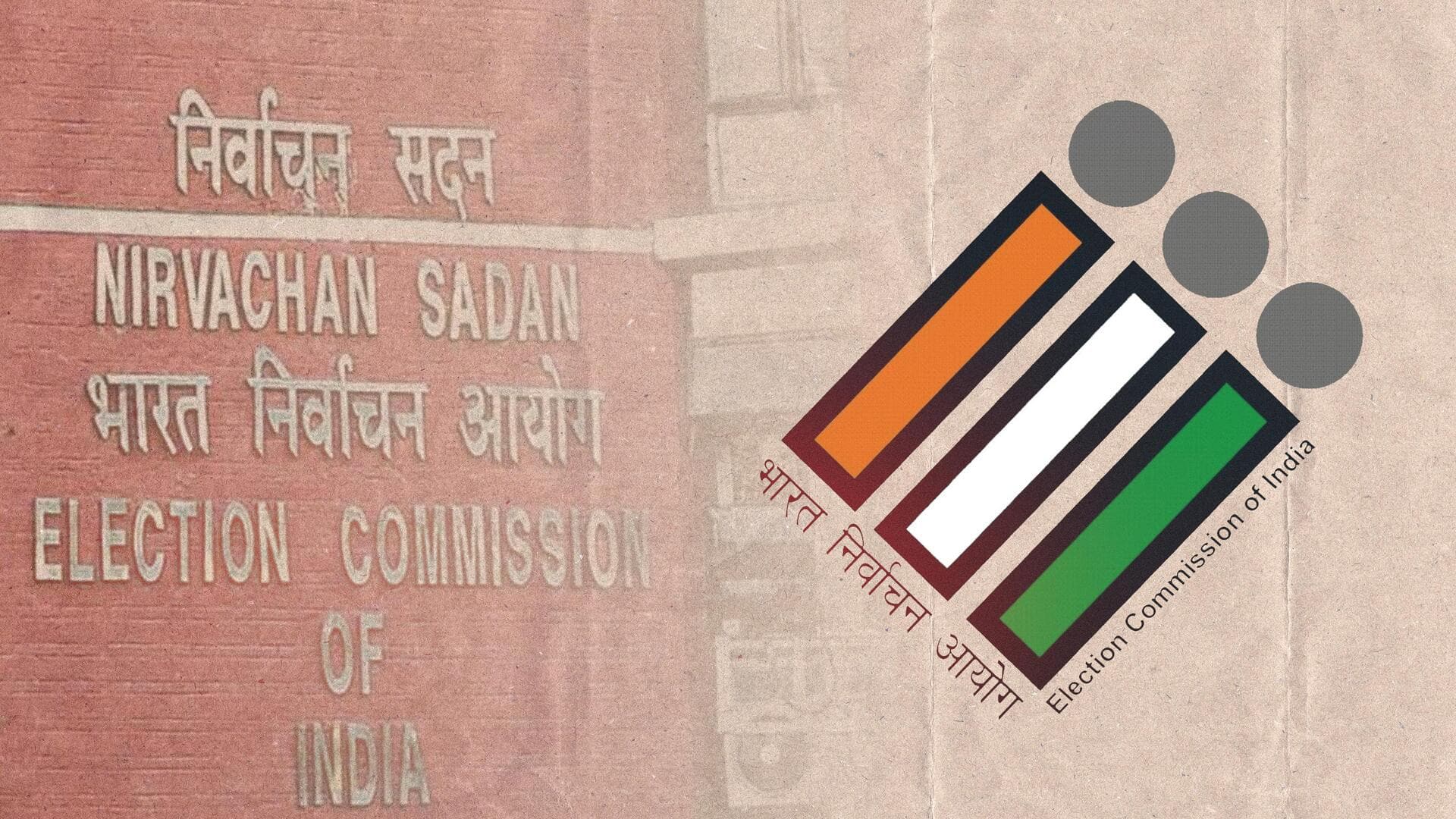
How election commissioners appointment bill will change ECI
What's the story
The Centre tabled the Chief Election Commissioner and Other Election Commissioners (Appointment, Conditions of Service and Term of Office) Bill, 2023, in the Rajya Sabha on Thursday. The bill seeks the formation of a panel comprising the prime minister, the leader of the opposition in Lok Sabha, and a Union Cabinet minister to make recommendations to the president for appointments to the Election Commission.
Context
Why does this story matter?
The Supreme Court in March ordered the formation of a panel to advise on the appointments to the Election Commission until Parliament makes a law for the establishment of an independent selection panel. To insulate the panel from political pressure, the SC said the panel will comprise the prime minister, the Lok Sabha's leader of opposition (LoP), and the chief justice of India (CJI).
Details
SC intervened to insulate EC from political pressure
The SC laid down the composition of the selection panel to prevent any political or executive overreach until a law is enacted. However, the bill replacing the CJI with a Union Cabinet minister may compromise the panel's independence and, eventually, that of the Election Commission. Notably, the bill wasn't among the 31 bills listed for passage in the Monsoon Session.
EC
CEC's salary downgraded to cabinet secretary
The Election Commission (EC) is constituted by the chief election commissioner (CEC) and two election commissioners. The CEC's status and salary are equivalent to those of a SC judge. However, the bill seeks to downgrade it, making it equivalent to a cabinet secretary. Moreover, only those individuals who have held/hold the post of a Union cabinet secretary will be eligible.
Article 324
No law made for appointments until now
Reportedly, the SC judgment concerning the selection panel stemmed from the examination of Article 324(2) of the Constitution. Article 324(2) states that "the appointment of the CEC and other ECs shall, subject to the provisions of any law made on that behalf by Parliament, be made by the President." However, no law was ever made and the temporary measure has been continuing.
Intent
Article 324(2) didn't intend executive control over EC: SC
Examining the history of Article 324(2), the SC noted that the clause was neither intended for executive control over the EC nor was it consistent with ensuring the electoral body's independence. Comparing the appointment process in other major democracies, it was noted that India is an outlier as it gives the PM control over the appointments, while others include the ruling and opposition parties.
Process
What was process of appointment before SC verdict
The SC judgment came after several pleas seeking a collegium-like independent system for appointments. Notably, the government is pushing against the collegium system for judicial appointments. Before the judgment, the president cleared appointments to the EC for a tenure of six years or up to the age of 65, whichever comes earlier, based on recommendations of the Council of Ministers headed by the PM.